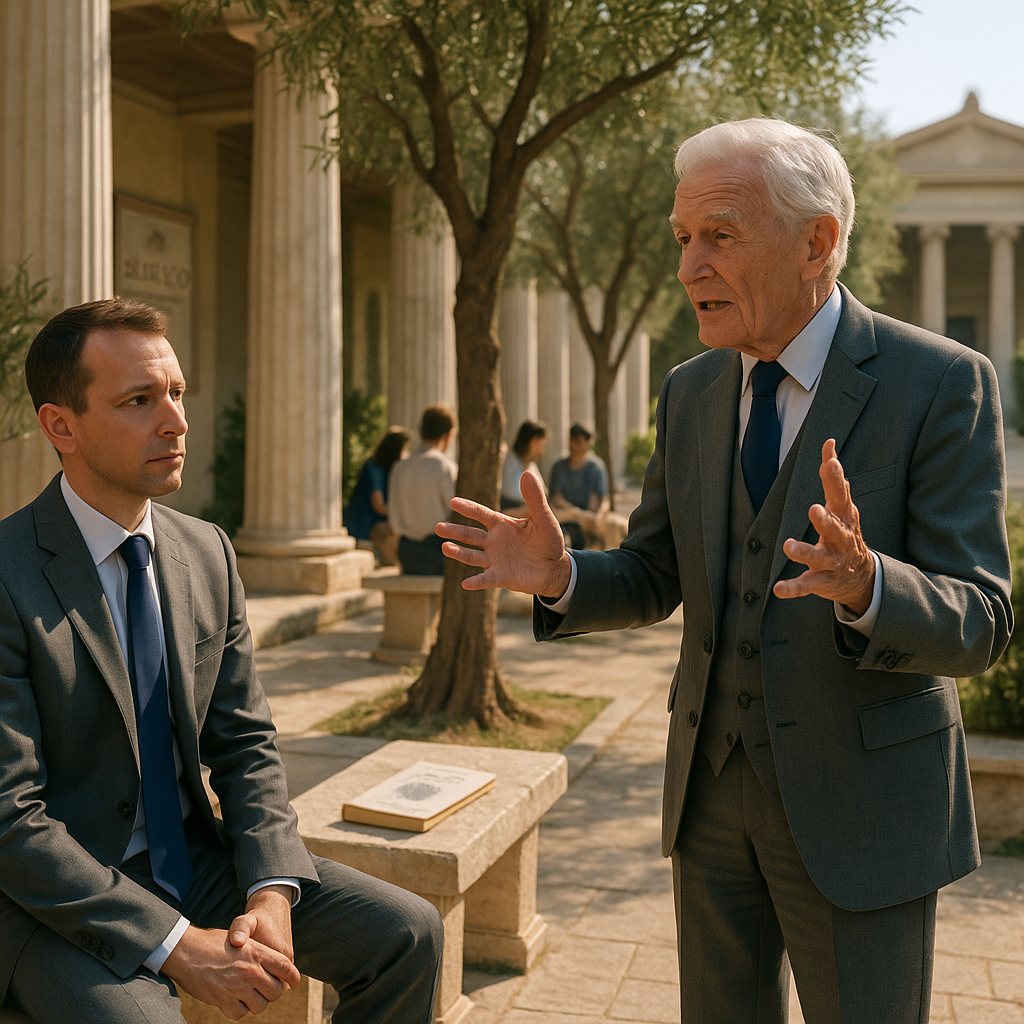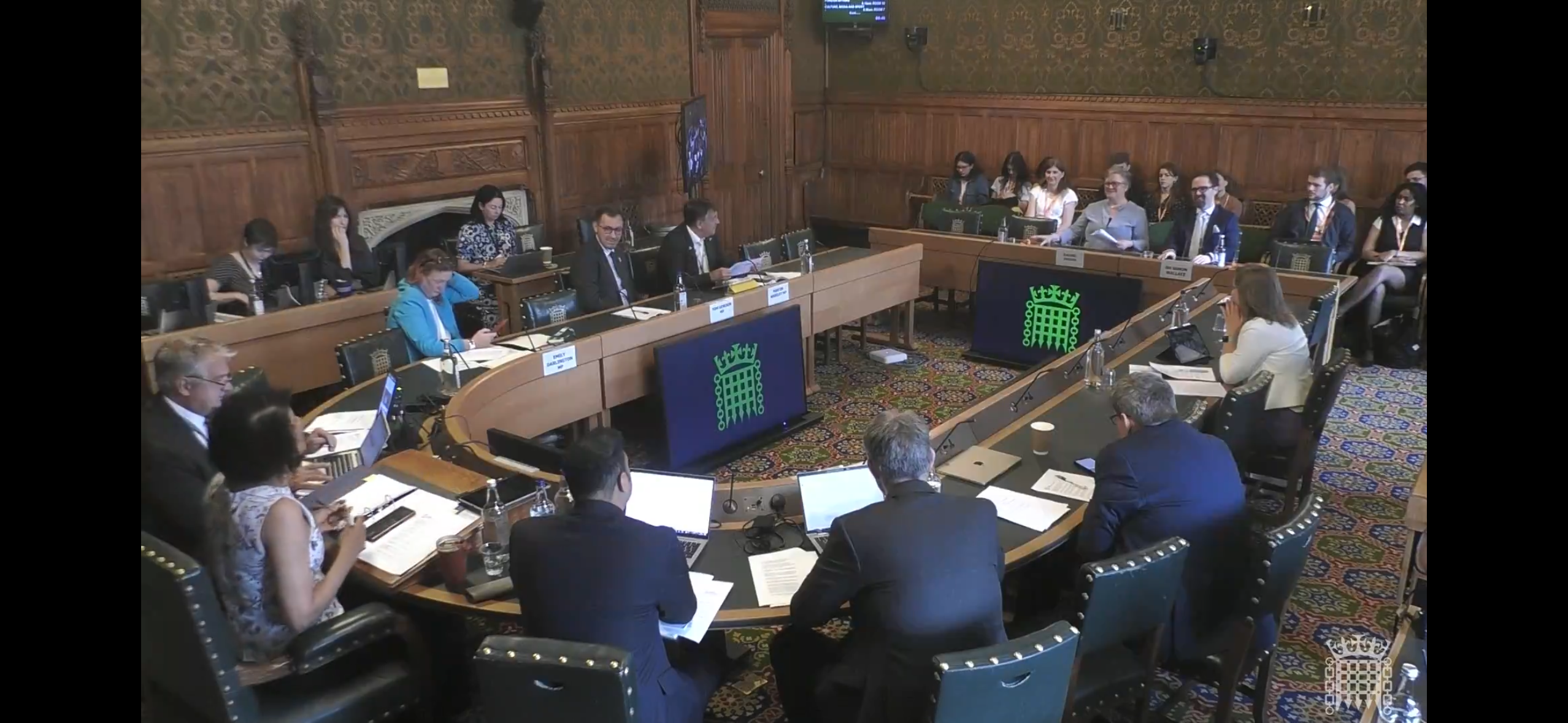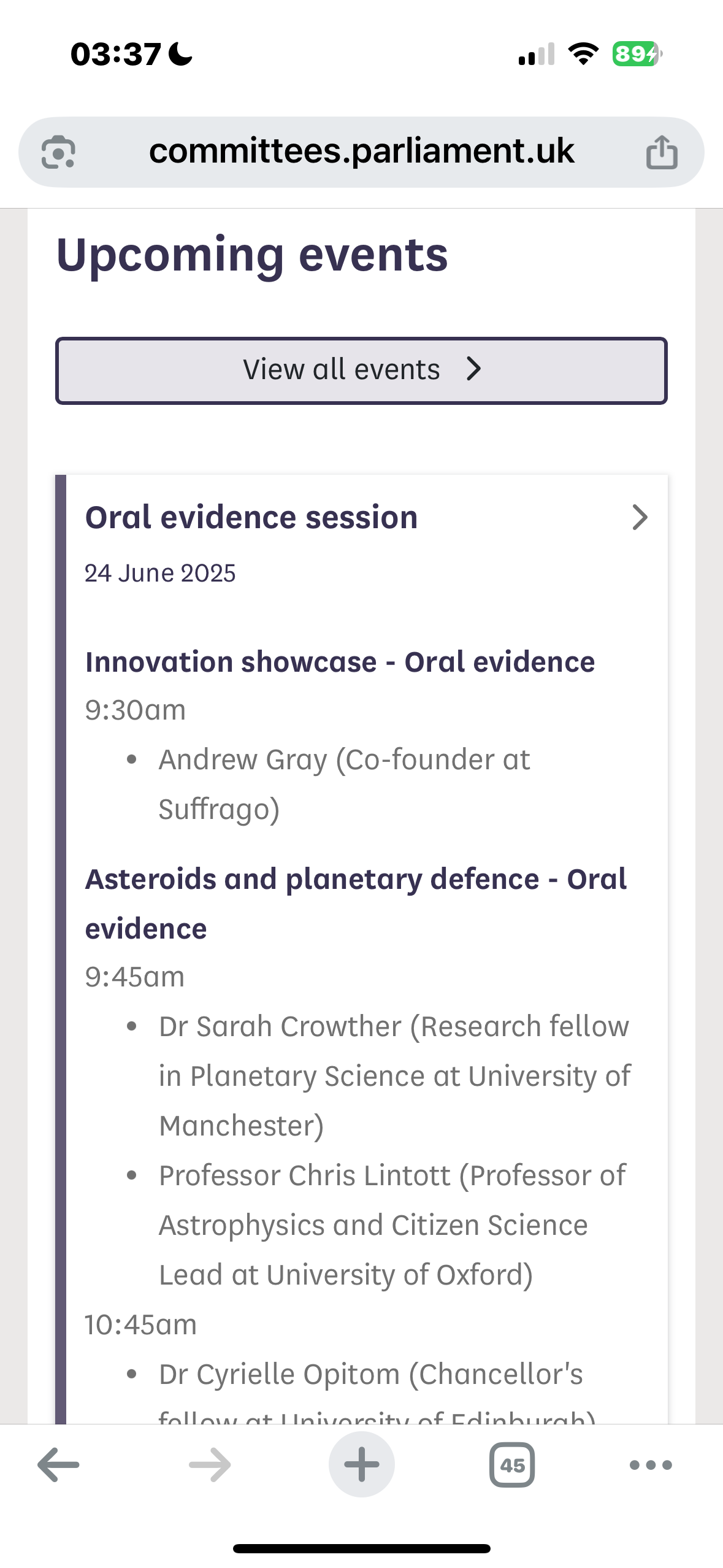Health Is Wealth (and Then Some)
Poor health has a way of sharpening the mind. Lying in bed - again - grounded by illness, strange thoughts emerge. Proust, Nietzsche, (Gray?) and others did their best [...]
Find out more about my consensus-based technology at Crowd Wisdom Project
Find out more about my consensus-based technology at Crowd Wisdom Project
Poor health has a way of sharpening the mind. Lying in bed - again - grounded by illness, strange thoughts emerge. Proust, Nietzsche, (Gray?) and others did their best [...]
Presenting Suffrago to the House of Commons Select Committee on Science, Technology and Innovation this Tuesday was meant to be the pinnacle of my personal and professional journey. Alas, life [...]
Suffrago work, health, chaos. That’s been my life lately. Zero complaints. This Sunday morning, at last, a moment to reflect — and blog. For many of the dozens of new [...]
A few years ago, we bought some woods in Yorkshire. Just a few acres. I couldn’t name half the trees. Yesterday, on Easter Sunday, lying by the campfire (given that [...]
In what is a UK-first, I’ve helped to launch 650 MP performance polls! What a jolly good idea, even if I do say so myself. https://www.suffrago.org/question?id=3cec8091d49e1e18f58a25b7f217dce8 The voting is all [...]
This week, one of my kids — along with others I’d taken away — built a fire on a beach. All innocent. All safe. All fun. Their North Face [...]
Becoming chronically unwell is on nobody’s bucket list. My “thing”, which I’ve endured for a few years, is, like a teenager’s mood, erratic. Despite the mayhem, I have been blessed [...]
Bang-average British girl band The Sugababes started in 1998 with Siobhán Donaghy, Mutya Buena, and Keisha Buchanan (according to my research!). Over the years, Siobhán left and was replaced by [...]
For much of this week, my blood pressure was so low that I couldn’t think. Making a sandwich was a physical challenge, but worse, I couldn’t even work out what [...]
(Happy new year to to all my readers. Circa 250 of you get my blog sent directly to your emails, with hundreds more reading it on my site each month) [...]

Read
This Article

Read
This Article

Read
This Article

Read
This Article
Copyright Andrew Gray of Cosensus Politics Ltd. All rights reserved. Terms & Conditions | Privacy Policy | Cookie Policy
Website by The Micro Agency.
